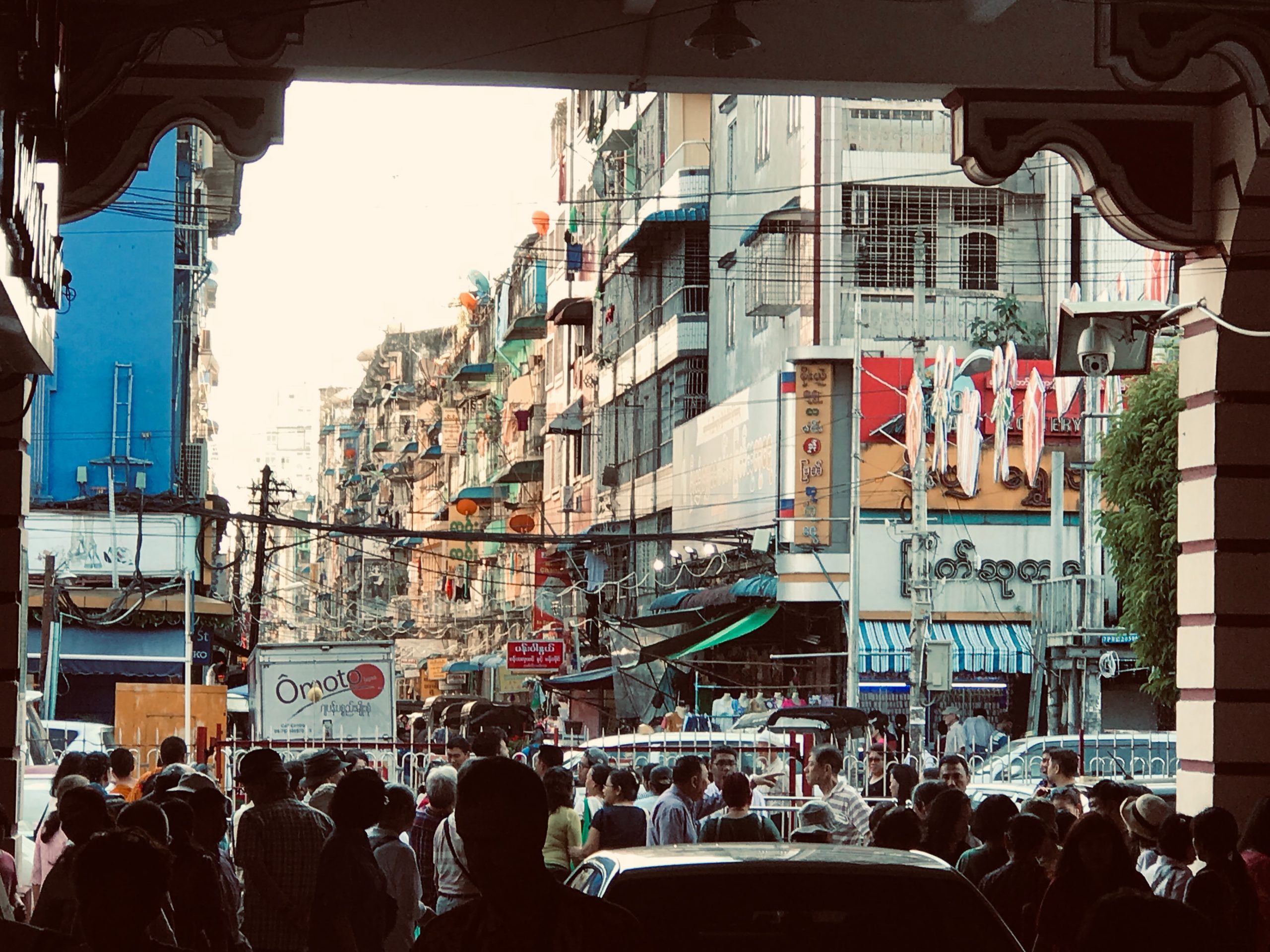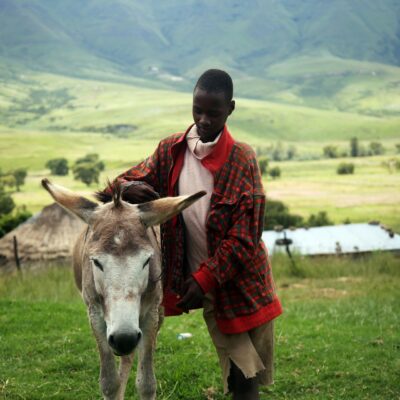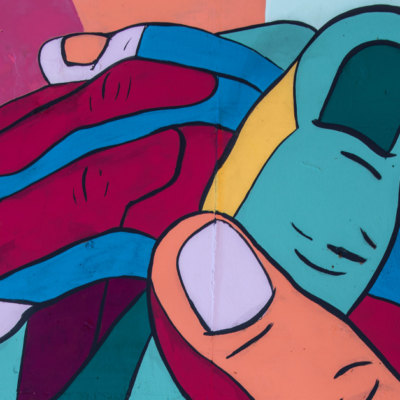 Photo: Unsplash / Brianna Caldwell
Photo: Unsplash / Brianna Caldwell
This article was originally published by The Conversation
Gabrielle Bardall Research Fellow, Centre for International Policy Studies, L’Université d’Ottawa/University of Ottawa and Elin Bjarnegård, Associate Professor in Political Science, Netherlands Institute for Advanced Study comment on the ongoing coup taking place in Myanmar.
“Myanmar’s decade-long period of political transition, peace-building and democratic elections fell short of freeing the country from military control. Despite its female leader, the exclusion of women throughout the failed transition to democracy is partly why Myanmar was unable to create deep institutional change.”
Originally published on The Conversation, Bjarnegård and Bardall review the transition of power in Myanmar, since Suu Kyi’s emergence to the present day coup, and reflect on the connections of women’s inclusion and sustainable peace.
“Gender can still help us understand politics in Myanmar, however — just not along these lines. Instead, a different story emerges by looking at the exclusion of women in key stages of the transition process. It is a tale of the persistence of patriarchal power throughout the decade of democratization.
Source: The Conversation










